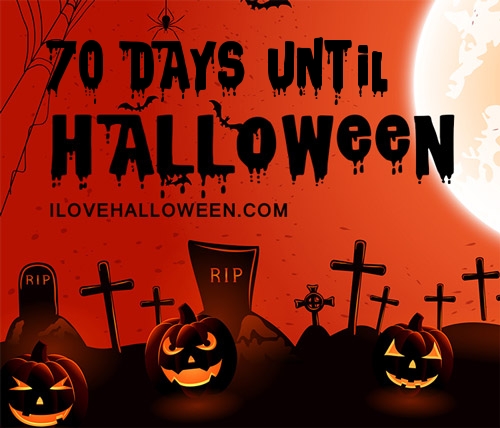Starring: Barbara Steele, John Richardson, Andrea Checchi, Enrico Olivieri and Arturo Dominici
Director: Mario Bava
Rating: Six of Ten Stars
A devil-worshipping witch and her consort (Steele and Dominici), executed 200 years ago return from the dead as a strange breed of vampires after a traveler exploring her tomb (Checchi) callously damages the specially built sarcophagus that was supposed to keep them interred forever. The witch sets about claiming revenge against the descendants of those who executed her, as well as trading the body of her last living female relative (also Steele) for her own time-ravaged one.

"Black Sunday", Mario Bava's directorial debut and the film that established Barbara Steele as a horror movie icon on par with Vincent Price and Boris Karloff, has been hailed as a masterpiece in many quarters, and I have finally gotten around to seeing it.
I feel a litle bit like I did when I saw Universal's original "Frankenstein"--I don't think the film is quite worthy of the reputation it has. It's a decent horror flick in the gory-gothic mode that Hammer Films and director Terence Fisher brought to the fore with "Horror of Dracula" and "Curse of Frankenstein", but I did not find this film to be the masterpiece I'd been promised. (I'd even argue that Bava's "Hercules in the Haunted World" and "Diabolik" are both superior to this effort.)
The first and biggest problem the romantic subplot between Our Hero, the dashing Dr. Gorobec (played with perfect blandness by John Richardson) and Damsel-in-Distress Katia (Barbara Steele) falls completely flat because of a near-complete lack of chemistry between the two performers and because it's one of those Insta-Romances that even less believeable than average.
The film also suffers from number of unintentionally silly moments where Bava goes overboard to drive home a dramatic point or to make something clear to the denser members of the audience. The worst (or best, if you're watching the movie for its badness) is when a vampire is sneaking invisibly through the castle halls. Apparently, Bava wanted to make sure we knew the vampire was sneaking invisibly and he didn't feel some ruffled wallhangings or shifted chairs was enough to show it, so he has the vampire knock down everything he passes, including several suits of armor that go clattering loudly to the floor. I found myself wondering what the point of being invisible is if you're so drunk you can't walk straight... and moments later I was laughing when members of the household were claiming they'd been awakened by a terrible scream, but none had apparently heard all overturning of furniture and knocking down of armor that the drunken, blind and/or spastic vampire had been engaging in moments before.
There's also a hilarious bat attack that has got to be among the worst creature effects ever put on film.
That's not to say the film doesn't have some truly scary or cool moments. The opening sequence of the witch's brutal execution is fabulously done, with the hammering of a spike-lined mask onto the woman's face being especially squirm-worthy. The ressurrection sequence of the witch is also very creepy, with lighting, camera angles, and sound effects all being deployed with perfect precision to make it a great scene. Finally, the film's ending is perfectly done (and I can't say much more without spoiling one of the movie's most shocking moments), so, while there are flaws, Bava does get the movie's finale exactly right, a rare feat. Bava's ending is also more modern in nature than many films of this vintage, with a denouement after the main action has concluded.

And, of course, there is Barbara Steele's dual performance as the evil witch and the innocent young woman whose body she is intent on possessing. Steele does a fine job of portraying both characters, undergoing a transformation that almost rivals that the great Boris Karloff did in his great dual role in "The Black Room" (review here.)
While "Black Sunday" may not be the masterpiece some claim it is, it's worth checking out, particularly if you're a fan of Hammer Films-style horror or an admirer of the exotic beauty that is Barbara Steele.


















No comments:
Post a Comment